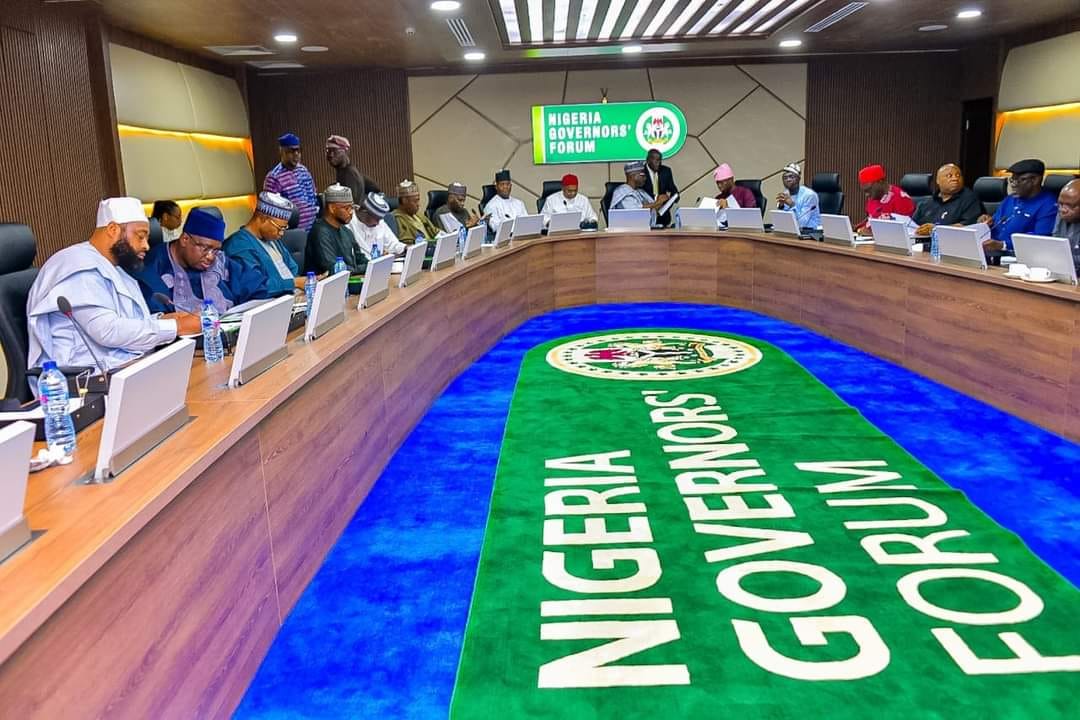Former President Olusegun Obasanjo has revealed that he declined the suggestion to support former Kaduna State Governor, Nasir El-Rufai, as his successor in 2007, citing what he described as El-Rufai’s lack of maturity at the time.
Obasanjo made the disclosure in Abeokuta, Ogun State, yesterday, during the second edition of the Ajibosin Platform annual symposium, which had as its theme, “Importance of Leadership in Governance.”
Obasanjo in 2007, supported the late Umaru Musa Yar’Adua, who succeeded him.
According to him, the recommendation for El-Rufai to take over the presidency came from former Minister of Aviation, Osita Chidoka, but he rejected the proposal on the grounds that the former FCT minister was “not yet ready” for the responsibility.
Obasanjo, while speaking, taunted Chidoka for omitting the El-Rufai story, saying, “Let him tell you. He didn’t mention that. He was pushing when I was leaving government that his friend, El-Rufai, should be brought in as my successor.
Furthermore, Obasanjo asked Chidoka, “No be so?,” and Chidoka nodded his head in agreement.
Continuing, Obasanjo said: “I did not yield to the pressure. Later, he said, ‘I suggested this person, why didn’t you agree?’ I said El-Rufai needed to mature. You remember? When I left the government and, many years later, he saw the performances of El-Rufai, he came back to me and said, ‘You’re absolutely correct. El-Rufai needed to mature.’”
Speaking on the theme of leadership, Obasanjo stressed the importance of character, exposure, experience, and training as the hallmarks of good leadership.
“It’s only in politics that I found out there is no training for leadership. Even among armed robbers, I was told there is an apprenticeship. But it’s only in politics that there is no training in leadership. That’s not good enough,” he said.
In his presentation as the event’s keynote speaker, Chidoka, spoke about how El-Rufai recommended him to Obasanjo at the age of 34.
“I was 34, when Nasir El-Rufai introduced me to President Obasanjo. Interestingly, the Great Mallam, as I fondly call him, described me in his book The Accidental Public Servant as Obasanjo’s ‘trusted co-conspirator.’A remarkable reference to the closeness that followed his introduction.
That partnership taught me something profound — that leadership is not a title; it is a moral force that can reprogram a nation’s psychology.”
Speaking on leadership, Chidoka said: “The story of leadership is the story of nations. Where leaders measure, societies advance; where they guess, nations drift. Africa stands today at the frontier between memory and possibility — between a past of excuses and a future of design. Our task is not to explain
failure but to engineer progress.
“Leadership is important, but it is not a performative ritual of attaining power for its own sake; rather, it is about wielding the capacity to transform a society. That transformation is not in the number of bridges, the new highways we build, or the money amassed to finance the next election and keep your unborn generations out of poverty, but in reclaiming the soul of society.”



